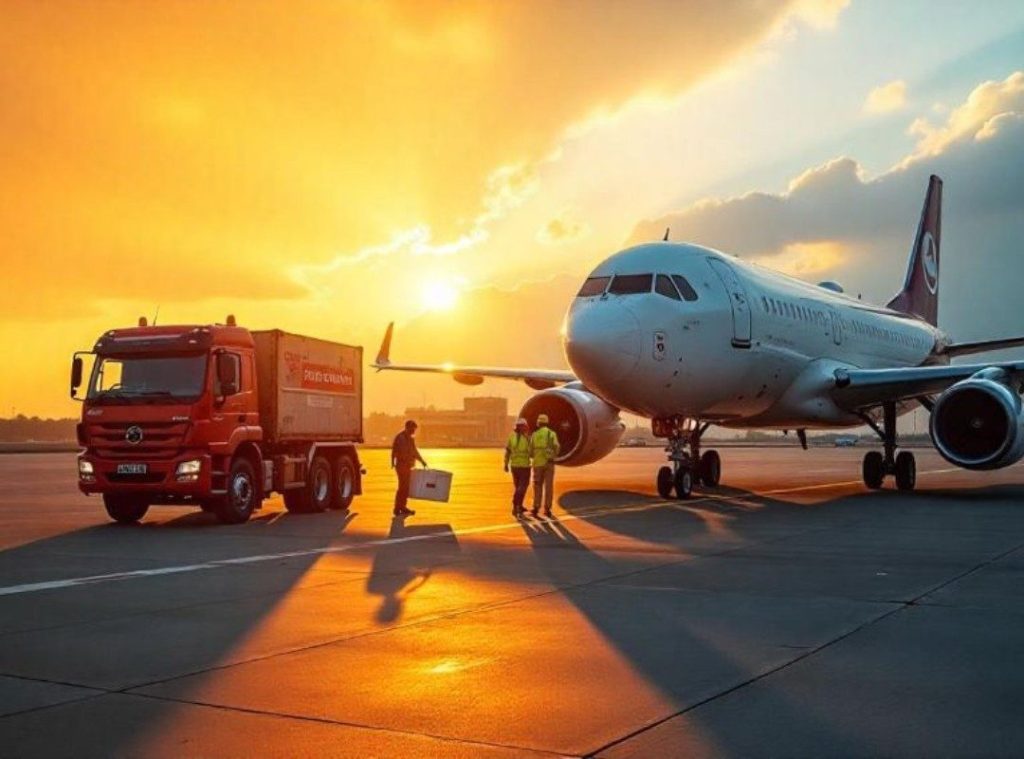
The Airline Users Rights and Grievances Redressal Forum (AURGRF) has urged the Directorate General of Civil Aviation (DGCA) to immediately revise the Dangerous Goods Handling Notification (G.S.R. 397(E) dated 18 June 2025), warning that critical regulatory gaps pose serious risks to passenger safety and fall short of international standards set by the International Civil Aviation Organization (ICAO).
Despite previous interventions including a Delhi High Court directive, a parliamentary question by MP Shri N.K. Premachandran, and multiple representations to the Ministry the newly issued notification is seen as inadequate. AURGRF pointed out that the rules lack clear definitions of job roles, training content, competency criteria, and employer accountability, all of which are essential under ICAO Doc 10147 and Doc 9284, globally adopted since January 2023.
The forum criticized India’s continued reliance on outdated category-based training models instead of the internationally mandated Competency-Based Training and Assessment (CBTA) approach. It further raised concerns that the current notification fails to integrate dangerous goods handling into airline Safety Management Systems (SMS) and does not place sufficient responsibility on operators and employers for verifying staff competence especially for ground handlers, security screeners, and outsourced personnel.
AURGRF also highlighted that the rules shift the burden of compliance onto training providers without enforceable mechanisms to hold employers accountable. This replicates flaws in the now-outdated Civil Aviation Requirement (CAR) dated 25 January 2023, undermining real safety assurance in favor of procedural formality.
In comparison, countries like the UK, Canada, Germany, Australia, Singapore, and the UAE have implemented robust CBTA-based regulatory frameworks aligned with ICAO standards. These include the creation of Dangerous Goods Regulatory Control Boards, comprehensive oversight mechanisms, and legal responsibility for employers to ensure staff proficiency.
To bring India’s aviation safety standards in line with global benchmarks, AURGRF has called on the Ministry of Civil Aviation to withdraw the June notification, revoke the 2023 CAR, and amend the Aircraft (Carriage of Dangerous Goods) Rules, 2003. The forum stressed the need for national CBTA guidelines covering job definitions, training curricula, eligibility, and assessment, while mandating the inclusion of dangerous goods handling within airline SMS frameworks. It also called for the establishment of an independent regulatory board to oversee implementation and compliance.
Additionally, AURGRF emphasized the importance of enforcing stringent safety protocols for the handling of radioactive materials, aligned with ICAO Technical Instructions and Atomic Energy Regulatory Board (AERB) safety codes.
As India’s aviation sector continues to expand rapidly, AURGRF warned that failing to modernize dangerous goods regulations could seriously endanger passengers, staff, and the overall integrity of air travel.

